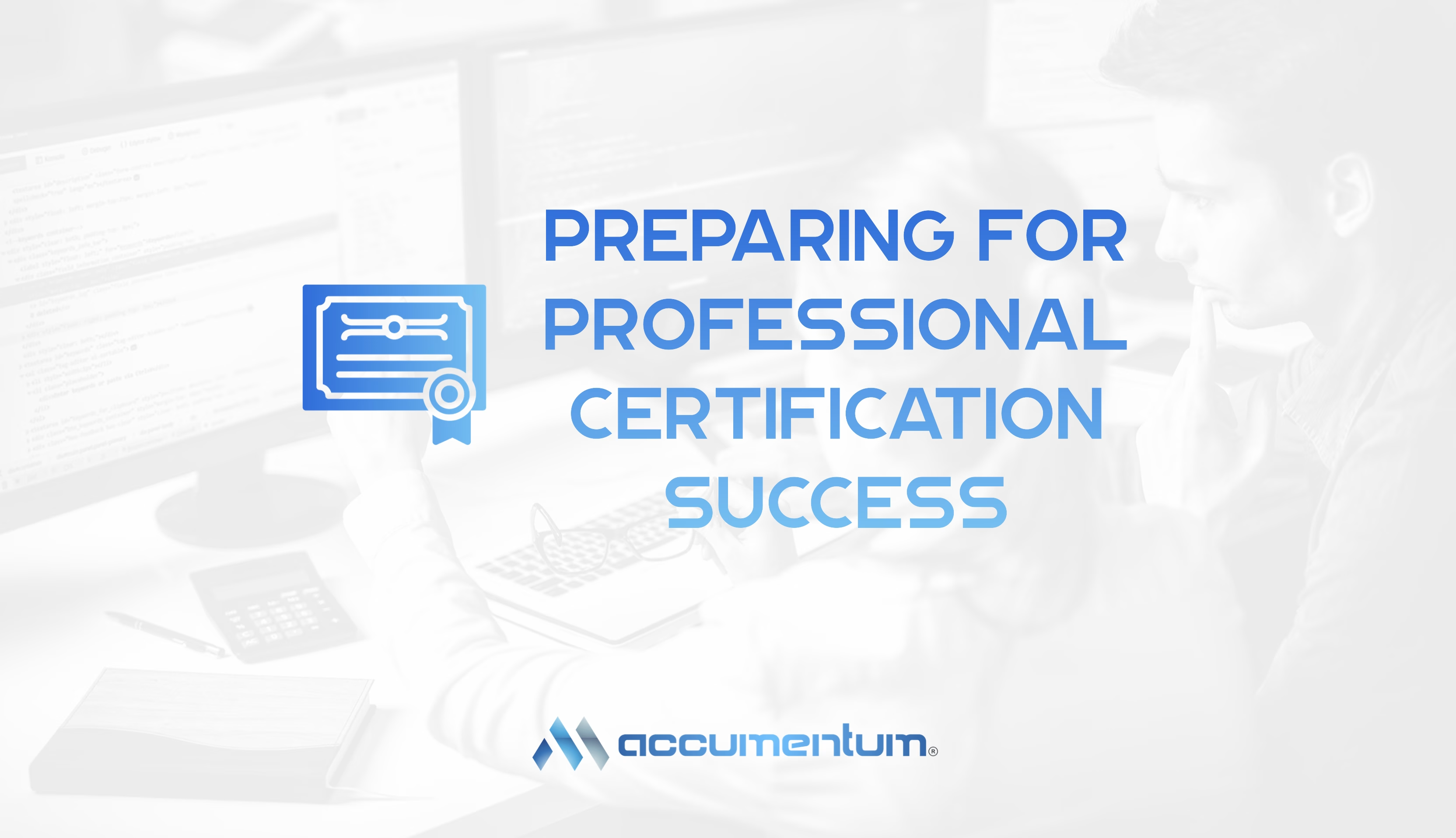

A structured plan paired with quality resources is key to certification success. Start with official study guides and comprehensive materials tailored to your exam’s domains, whether they cover cloud infrastructure, ethical hacking, or project management frameworks. Pair these with practice question sets to get familiar with how questions are worded, often emphasizing terms like “optimal” or “preferred.” Spread your preparation over a realistic period, such as three months, aiming to review 70-80 questions weekly across areas like network defense, risk assessment, or resource allocation.
When you miss a question, dig into the explanation and refer back to your study materials to close gaps. This steady approach builds confidence over time. Scheduling regular review sessions for challenging topics ensures long-term retention. Tracking your progress with a study log also helps you adjust your pace, keeping your preparation balanced and sustainable. Setting aside time to summarize key takeaways after each session reinforces what you’ve learned. Gradually increasing the complexity of questions as you progress can also mimic the exam’s escalating difficulty, preparing you for any curveballs.

Using tools like calendars or apps to monitor your Measurable goals can keep you motivated by visualizing progress. Periodically tweaking your Achievable targets based on your schedule ensures your plan remains practical, helping you stay committed without feeling overwhelmed. Writing down your goals and reviewing them weekly keeps them top of mind. Sharing them with a trusted friend or mentor can add accountability, pushing you to follow through even on tough days.

Discussing practice results with a mentor or peer can also uncover new angles on tricky topics, turning tests into opportunities for growth. Gradually increasing the number of practice tests as your exam nears builds endurance and familiarity. Reviewing incorrect answers immediately after each test locks in lessons while they’re fresh. Simulating a full-length exam a week before the real one can fine-tune your timing and boost your readiness.

This approach strengthens your ability to think critically, a must for exams that prioritize reasoning over memorization. Spotting patterns in wrong answers across different question sets can also help you anticipate traps, making you a more strategic test-taker overall. Creating flashcards for tricky concepts can reinforce this learning process. Discussing your findings with a study partner can further clarify why certain options mislead, deepening your insight.

Joining a study group with professionals from varied roles—like system administrators, compliance officers, or project coordinators—can deepen your understanding by exposing you to diverse applications of the material, preparing you for the nuanced questions common in these exams. If you struggle to explain something, it’s a sign to revisit that area. Teaching also hones your ability to think on your feet, a skill critical for high-stakes certifications. Plus, simplifying technical concepts for others often clarifies your own thinking, uncovering gaps you can address before test day. Regularly practicing this method with different topics builds a habit of active learning. Over time, you’ll find yourself anticipating counterarguments or questions, mirroring the depth required for exam success.


A dual approach—extensive and intensive—creates a robust foundation. Extensively, stay informed by regularly reading reputable industry publications, blogs, or reports on cybersecurity trends, networking advancements, or management practices. This contextual knowledge strengthens your understanding of exam topics. Intensively, focus on your exam’s specific requirements—cloud configurations, hacking methodologies, or governance principles—using targeted study resources. This combination sets you up for success.
Broad reading keeps you current on emerging concepts, like new threat vectors or project delivery methods, which often appear in exams. Intensive study sharpens your ability to apply that knowledge precisely, ensuring you’re ready for both theory and practice. Subscribing to newsletters or podcasts in your field can make extensive learning a daily habit. Creating a focused study checklist for intensive prep keeps you aligned with your exam’s core objectives.

Accumentum® is the leading training provider for a vast array of technology vendors including AWS, Cisco, CompTIA, EC-Council, Fortinet, HRCI, ISACA, ITIL, Microsoft, Palo Alto, PMI, Salesforce, Scrum, ServiceNow, SHRM, Veritas, VMWare, and more.



